High in the Himalayas, where the air thins and the landscapes stretch into eternity, the legend of King Gesar of Ling endures as one of the world's greatest epic traditions. For over a thousand years, this sprawling narrative has been sung, chanted, and performed across the Tibetan Plateau, weaving history, mythology, and spiritual wisdom into a vibrant cultural tapestry. Unlike Western epics frozen in written texts, Gesar's story lives as an oral tradition, constantly evolving through the voices of its bardic custodians.
A Hero for All Times
The Gesar epic follows the celestial-ordained hero's miraculous birth, his unification of warring tribes, and his supernatural battles against forces threatening the Buddhist dharma. What makes this narrative extraordinary is its fluidity - skilled storytellers might spend weeks performing different episodes, adapting details to contemporary audiences while preserving core archetypes. Modern performances might reference cell phones or geopolitics alongside descriptions of ancient sorcery and horse-mounted combat.
Western scholars often compare Gesar to a cross between King Arthur and the Mahabharata's warriors, but such analogies fail to capture the uniquely Tibetan synthesis of shamanistic imagery and Buddhist philosophy. The epic's cosmological vision presents Gesar not merely as a historical figure but as an emanation of Padmasambhava, the tantric master who brought Buddhism to Tibet. This spiritual dimension transforms what could be simple heroic adventure into a guide for enlightened living.
The Living Tradition
In remote nomadic camps and urban cultural centers alike, the epic's preservation continues through both formal and informal transmission. Recognized by UNESCO as an Intangible Cultural Heritage, the tradition faces contemporary challenges from modernization and political sensitivities. Yet innovative adaptations persist - from graphic novels to avant-garde theatrical productions that reinterpret Gesar's trials for smartphone-era audiences.
Young Tibetans today engage with the epic through surprising mediums. Rap artists sample traditional bardic melodies in their beats, while video game designers prototype Gesar-themed adventures. This cultural elasticity demonstrates the narrative's enduring relevance, allowing ancient wisdom to permeate new forms of expression without losing its essential character.
More Than Mythology
Beyond its artistic merits, the Gesar epic functions as a living encyclopedia of Tibetan knowledge - containing medicinal practices, ecological observations, and diplomatic strategies refined over centuries. The narrative's ecological consciousness particularly resonates today, with its emphasis on harmonious coexistence with nature's spirits. Modern environmentalists find surprising allies in these ancient verses that warn against disturbing sacred landscapes.
Academic interest has surged internationally, with researchers from Beijing to Paris analyzing the epic's psychological depth and narrative complexity. Recent studies focus on the tradition's therapeutic applications - how performing Gesar episodes helps trauma survivors process experiences through archetypal storytelling. This intersection of ancient art and modern psychology reveals unexpected dimensions of the tradition's value.
The Challenge of Preservation
As the world changes, so too must the methods of safeguarding this cultural treasure. Digital archives now record aging masters' performances, while interdisciplinary projects explore how virtual reality might create immersive Gesar experiences. Yet purists argue that no technology can replicate the electric connection between a bard and live audience, where spontaneous improvisation meets centuries-old narrative formulas.
The epic's future may lie in balancing innovation with tradition. When a young storyteller in Lhasa blends beatboxing with classical recitation or when a Buddhist teacher uses Gesar parables to explain quantum physics, the tradition proves its adaptive vitality. These creative tensions - between preservation and evolution - mirror the epic's own themes of maintaining harmony amid constant change.
An Eternal Mirror
Ultimately, King Gesar's enduring power stems from how the epic holds up a mirror to each generation's struggles. Whether confronting climate change, cultural assimilation, or spiritual alienation, contemporary audiences find in these ancient stories surprising wisdom for modern dilemmas. The celestial warrior king becomes not just a figure from Tibet's past, but a living presence guiding its future - one story at a time.

By Olivia Reed/Apr 28, 2025

By Emma Thompson/Apr 28, 2025

By Samuel Cooper/Apr 28, 2025

By Grace Cox/Apr 28, 2025

By George Bailey/Apr 28, 2025

By Rebecca Stewart/Apr 28, 2025
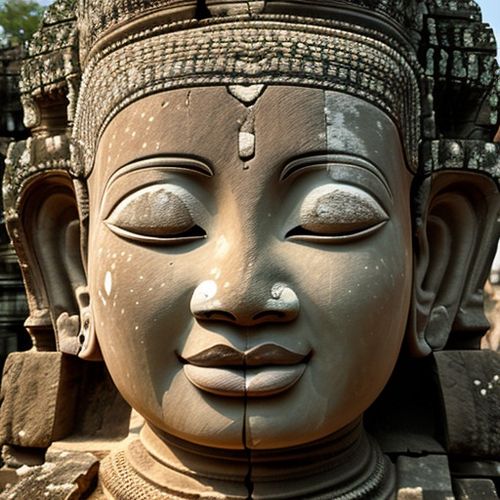
By George Bailey/Apr 28, 2025

By Olivia Reed/Apr 28, 2025
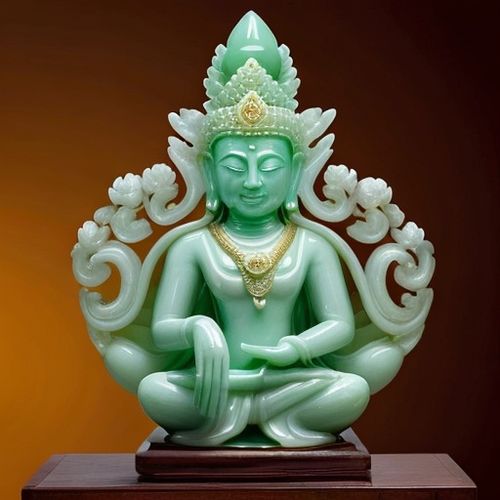
By Eric Ward/Apr 28, 2025

By Benjamin Evans/Apr 28, 2025

By Amanda Phillips/Apr 28, 2025
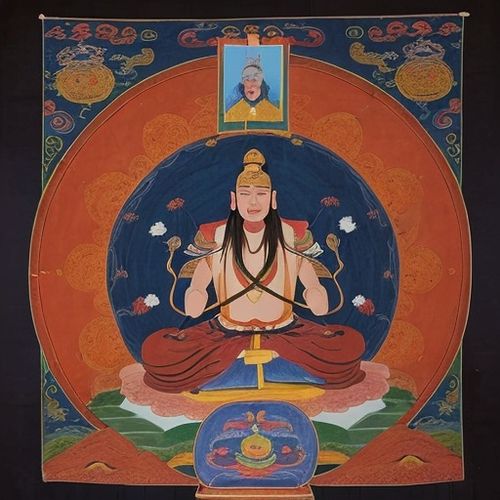
By Sophia Lewis/Apr 28, 2025
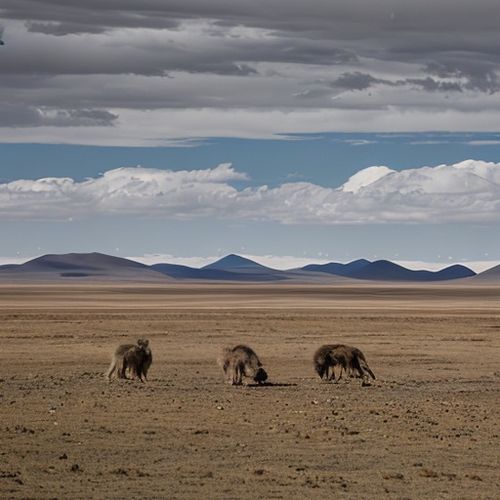
By Christopher Harris/Apr 28, 2025
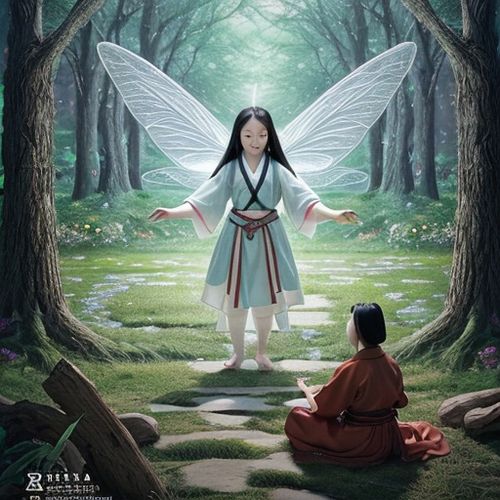
By Benjamin Evans/Apr 28, 2025

By Rebecca Stewart/Apr 28, 2025
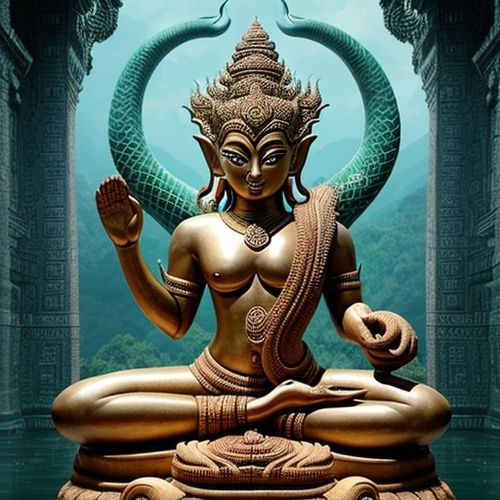
By David Anderson/Apr 28, 2025
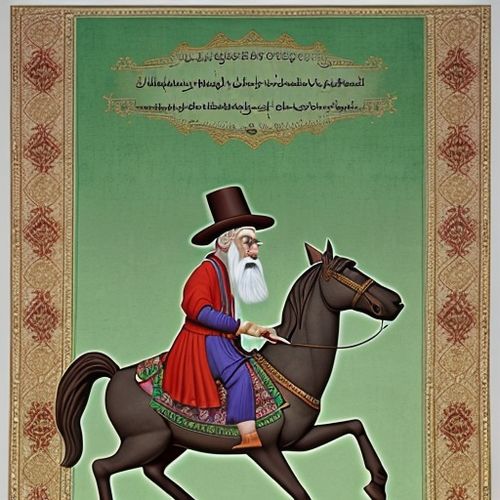
By Olivia Reed/Apr 28, 2025
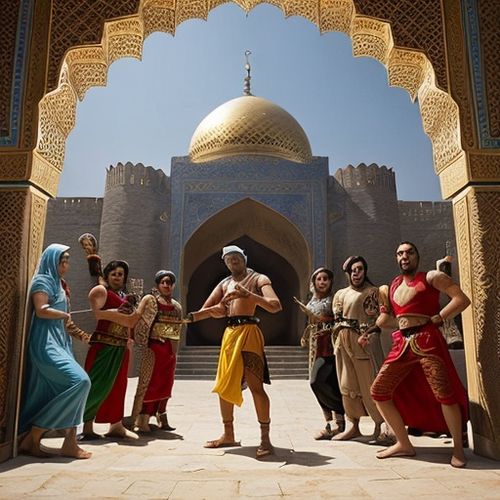
By Lily Simpson/Apr 28, 2025
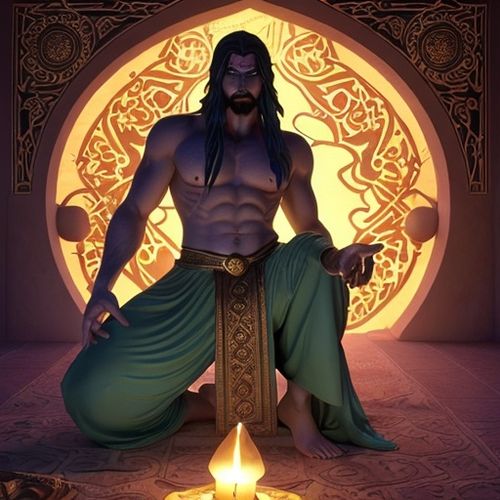
By Emma Thompson/Apr 28, 2025
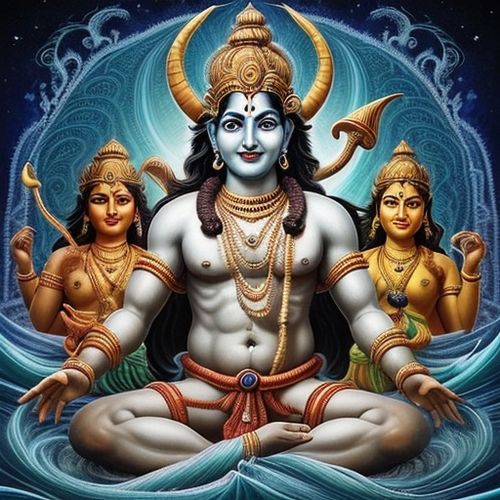
By Laura Wilson/Apr 28, 2025